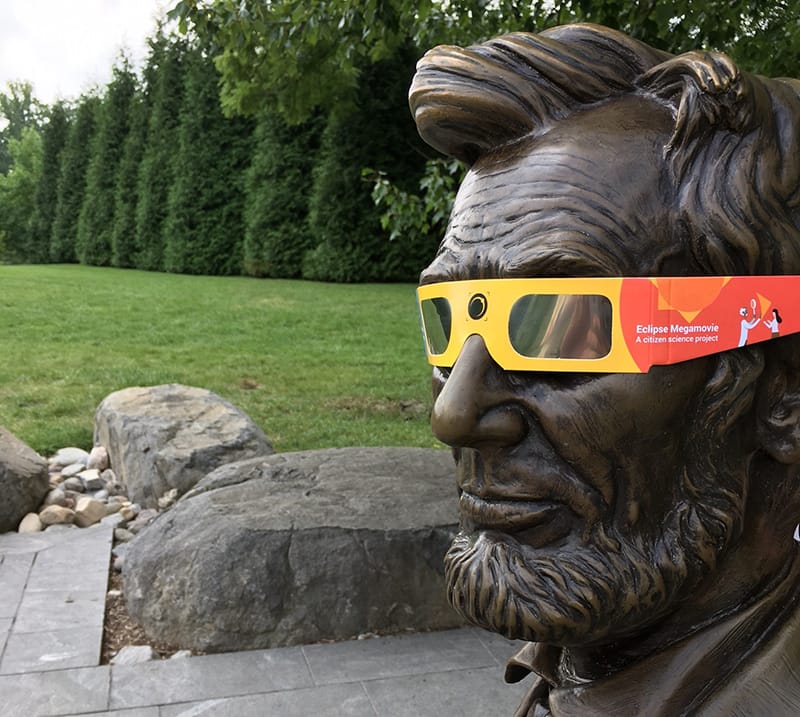An Antidote to Burnout

In high school, a buddy of mine auditioned for a play with a bit I still remember.
He walked onstage, took off the glasses he'd worn for as long as I'd known him. I can't see a whole lot when I'm not wearing these, he said. The world isn't much of a world. It's just a blur. And it's incredible to me, he continued putting his glasses back on, that all I have to do to be able to see each of you or cars coming towards me or the moon or the ketchup I like on my hot dogs is to put this piece of glass and metal back on. The world is the world again.
There is nothing unique about glasses. But that doesn't diminish their miraculousness.
One recent autumn, a tour guide in Northern Ireland told me that peace is two things: it's fragile and it's not to be taken for granted just because it's quieter than conflict.
Life is glued together, however imperfectly, by quiet solutions. Glasses working and peace agreements maintained. Safety lids on pill bottles, crosswalks and public libraries and diplomacy.
Jaw, jaw, jaw is better than war, war, war, Harold Macmillan reportedly said. Though he did not say that the latter has a better PR department than the former.
Running water, food safety, electricity. Snow plows, hospice, public parks, airport security.
At a little midwestern airport I used to fly in and out of, TSA taped up pictures of the weapons they'd recently confiscated. It was a useful, if jarring way to show how the system was working.
We could both probably point to stories of these solutions breaking down. But likely they are stories because the breakdown is the exception not the rule.
We need lots and lots more good policy. Good policy to fix bad policy. Good policy because no policy exists. Good policy because the world has changed yet the existing policy makes the dinosaurs look mod.
The trick is not to let the good policy we need blind us to the good policy we have. Because the problem with good policy is that it's easily taken for granted. And taking what works for granted seems a slippery – slippy, as my Irish tour guide would say – slope to burnout.
If life's landscape is shaped by problems to solve or futures to fear, how could we not be cynical by breakfast? Cynicism is a light sleeper. And if aroused, it'll stop change in its tracks.
We live in a landscape layered with contradiction: people holding doors for each other, cars not making space for bikes, wifi working just fine, taxes favoring the wealthiest among us, taxpayer funded crisis phone/text lines, exploding homelessness, new cancer treatments (funded by taxpayer dollars, no less) coming online all the time.
Over and over, we are asked to hold these multiple truths at once. I read a poet, I think it was Billy Collins, talk about being someone who doesn't get used to, doesn't get acclimated to ordinary goodness. We may forget where we put our glasses, but may we not forget how miraculous glasses are.
Making policy change is no day hike. We may need to stay in it for multiple legislative sessions. That'll take all the fuel we can get. But how terrific that there's good policy quietly humming along to help fuel us in the work of making more good policy.
And a few days after my high school buddy put on his glasses and walked off the stage, he got the best part in the play.
